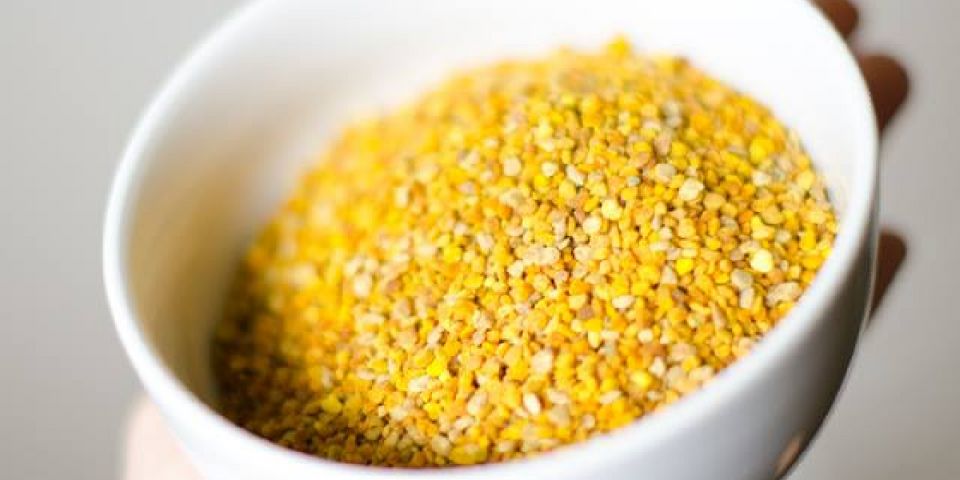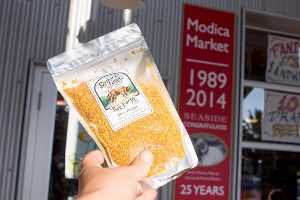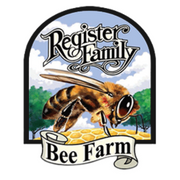
Bee pollen is a natural product containing an array of nutritional and therapeutic benefits. Understanding its characteristics and its many uses will help you decide if it's something you can use in your daily life. If you're curious about this superfood, here are the answers to the most frequently asked questions.
An Introduction to Bee Pollen
How is pollen made?
Bee pollen consists of tiny balls created by honey bees when they land on a flower and mix pollen, saliva, and nectar together. Yellow to black in color, the pollen comes from plant anthers, and after mixing with secretion from salivary glands and nectar, the bees store pollen loads in corbiculae, tiny baskets on the tibia of their hind legs. Pollen is then carried to the hive and stored in honeycomb cells, where it's covered in a layer of honey and wax for “bee bread,” a protein source for the colony.
What are the benefits?

Pollen offers an array of nutritional and medicinal health benefits. The product is rich in vitamins and minerals, such as vitamin C, vitamin B12, and magnesium, while also offering a protein punch. Its enzymes, carotenoids, and bioflavonoids make it naturally antibacterial, antifungal, and antiviral to protect the immune system. There are also anti-inflammatory properties, and its antioxidant qualities have helped conditions ranging from hypertension and diabetes to cancer and heart disease.
Bee pollen is thought to protect the liver from oxidative stress and may even heal damage from toxicity. It may also offer relief from menopause symptoms, and because it improves blood flow to the nervous system, it can be effective as a natural stress relief supplement. When used topically, it can be a home remedy for burns since it improves circulation and hydrates the skin while also providing protection against germs.
Can it be incorporated into my diet?
The best way to include it in your diet is to grind and mix it into meals. Adding it to yogurt, cottage cheese, and honey is a common choice. Pollen sprinkles over cereal, granola, or baked goods are also popular applications. Some fans blend it into a smoothie or crumble it over their salad for texture. The ingredient adds a floral note to many dishes, and its flavor profile is sweet with a pleasant hint of bitterness.
Where should I store it?
Keep pollen away from direct sunlight and heat to maintain its nutritional properties. It can be kept in a cool, dark place like your kitchen pantry, or you can place it in a refrigerator or freezer. Shelf life is typically about three years.
If you're interested in bee pollen, Register Family Farm has locally produced goodness to share with you. The veteran-owned honeybee farm in Freeport, FL, offers an assortment of pollen and other bee products, including natural honey and handcrafted beeswax candles, soaps, lip balms, and more. Their wildflower and Tupelo honey are popular choices, and their gift baskets with handwritten notes add a personal touch when you need the perfect present. Call (850) 392-7404 for more on their offerings or visit them online to view their unique products.
About the Business
Have a question? Ask the experts!
Send your question

